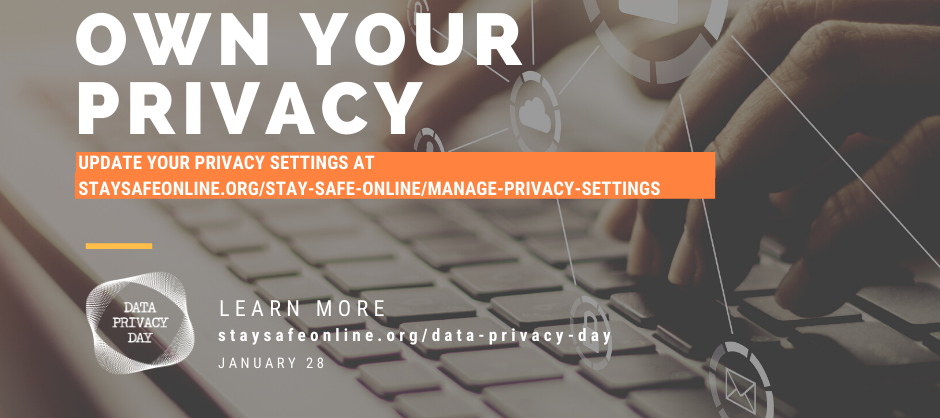As the issue of privacy becomes more familiar to the public, consumers are becoming more concerned about who can access their information and why. A recent survey by Pew Research Center found that majorities of Americans think their personal data is less secure now than five years ago and that data collection poses more risks than benefits. For example:
-
A majority of Americans report being concerned about the way their data is being used by companies (79 percent) or the government (64 percent).
-
Fully 79 percent of Americans say they are not too confident or not at all confident that companies will admit mistakes and take responsibility if they misuse or compromise personal information, and 69 percent report having this same lack of confidence that firms will use their personal information in ways they will be comfortable with.
-
Many Americans acknowledge that they are not always diligent about paying attention to privacy policies and terms of service.
-
Only about 1 in 5 adults say they always (9 percent) or often (13 percent) read privacy policies.
-
-
78 percent of adults in the United States say they understand very little or nothing about what the government does with the data it collects.
-
59 percent say the same about the data companies collect.
-
63 percent say they have very little or no understanding of the laws and regulations that are currently in place to protect their privacy.
-
Protecting the Connect Home
Most households now run networks of devices linked to the internet including computers, gaming systems, household assistants, home robots, TVs, tablets, smartphones and wearables. These devices make it easier to connect to the world around you, but they can also track your personal information, including your contacts, photos, videos, location and health and financial data.
- Approximately 29 billion connected devices are forecasted to be in use by 2022, of which around 18 billion will be related to IoT.
-
36 percent of people in the United States own six web-connected devices or more, and 90 percent of Americans own a smart home device.
-
One-quarter of adults in the United States say they have a smart speaker in their home.
-
The use of connected, smart home devices is expected to increase from 33.2 percent in 2019 to 53.9 percent by 2023.
-
The number of smart homes in the United States is expected to hit 28 percent of total households by 2021.
-
While 85 percent of enterprises are in the process of or intend to deploy IoT devices, only 10 percent feel confident that they could secure those devices against security threats, according to AT&T’s Cybersecurity Insights Report.
-
Recent events also have changed the way manufacturers think about collecting data.
In Jabil’s 2018 Connected Home and Building Technology Trends Survey, 69 percent of solution providers surveyed noted that the recent focus on data privacy, including the scandal at Cambridge Analytica, has made them rethink their plans to collect and use data from smart devices.
Social Media
Social media is a great platform for connecting with friends and family through personal news updates, photo sharing and live streaming. As convenient and fun as these platforms are, privacy settings don’t always prevent personal information from being shared beyond the intended audience and without a user’s knowledge.
- 61 percent of people think social media companies do not adequately protect consumer data.
- 82 percent of cyber stalkers use social media to find out information about potential victims – for example, where they live and which school they attend.
- The NCSA/Microsoft 2017 “Keeping up with Generation App” survey revealed that across the board from a privacy perspective, teens report that they are “very concerned” about someone:
- Accessing their accounts without their permission (41 percent)
- Sharing personal information about them online that they prefer to keep private (39 percent)
- Posting a private photo or video of them online (36 percent)


